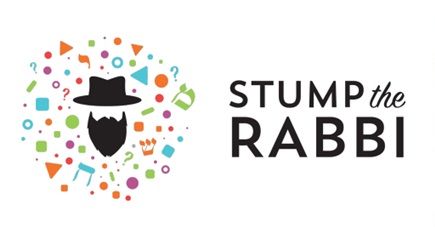 with Rabbi Shlomo Goldfarb
with Rabbi Shlomo Goldfarb
Matzah was traditionally always made meticulously by people, with extreme care to keep clean, and so to ensure the finest kosher matzos.
Another critical factor in Matzah production is speed. As we all know, the matzah must be fully baked before 18 minutes pass.
About two hundred ago, machine matzos were invented. The idea was, like with all industries that became mechanized industries, to have matzos produced faster, cheaper and more efficiently. But this new invention caused massive controversy.
One of the most significant problems was this: In those years it was almost impossible to clean the machines properly, which in turn meant that there was hardly a way that machine matzos were safe from chametz mixed in them.
Today, this is much less of an issue, because the machines are much more sophisticated machines which can be thoroughly cleaned. So if the machines nowadays are so good, why are we so particular about eating only hand made Shmurah matzah?
With all the ma’alos of the modern machines — its speed and cleanliness, we can’t invent a machine that could have Kavanah, לשם מצות מצוה. According to most Poskim, the process of baking matzos must be done “Lishma.”
While some Poskim write that it’s enough to have a person turn on the machine “Lishma,” it isn’t so simple. The Gemarah in Chulin discuss at length the topic of shechita (which also must be done by a human) by grama d’grama — a cause of a cause.
It is questionable if it’s possible to “carry over” the Kavanah of the person operating the machine from the first act to the multiple functionalities the machine does later in the process — kneading, rolling, etc.
Being that it is such a big dilemma, so obviously when it comes to the Seder when eating the matzah is a mitzvah, most people try to use matzah which was hand-made Lesheim Mitzvah.
During the rest of Pesach, some permit machine matzah. But the Rebbe insists that matzah has a lot more to it than just bread that can be eaten on Pesach; it is a “bread of faith,” which bolsters the Emunah of a Jew.
The Rebbe, therefore, maintains that all matzah consumed (even, and in a way especially by children) during the entire week of Pesach should be handmade by people, as there is an aspect of a mitzvah (though not an obligation) to eating matzah during the rest of Pesach, which requires proper Kavana that no machine can ever have. ■